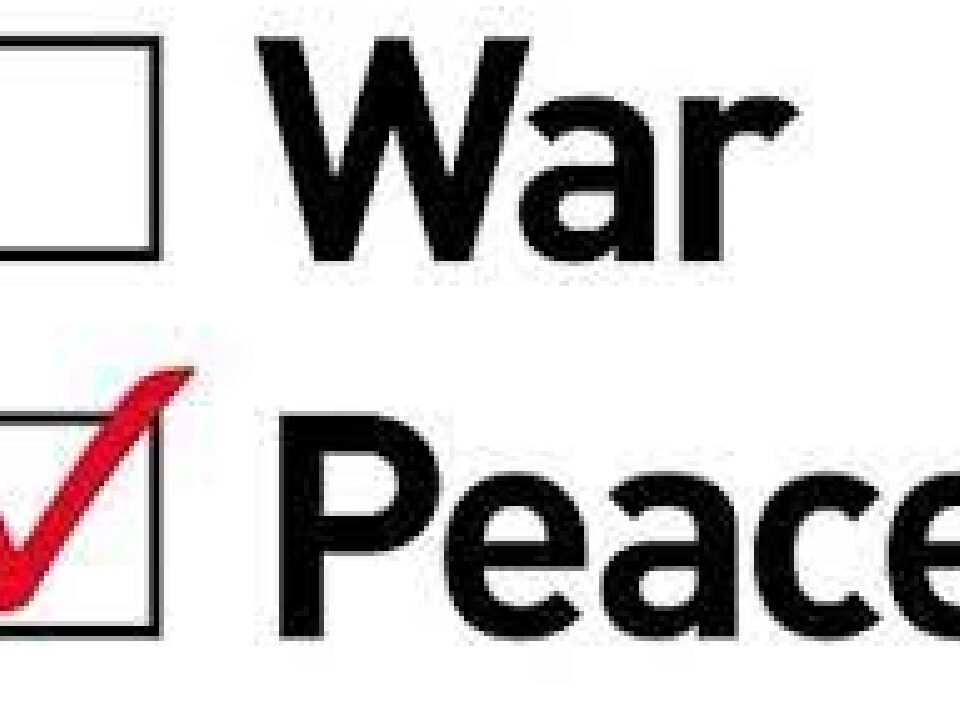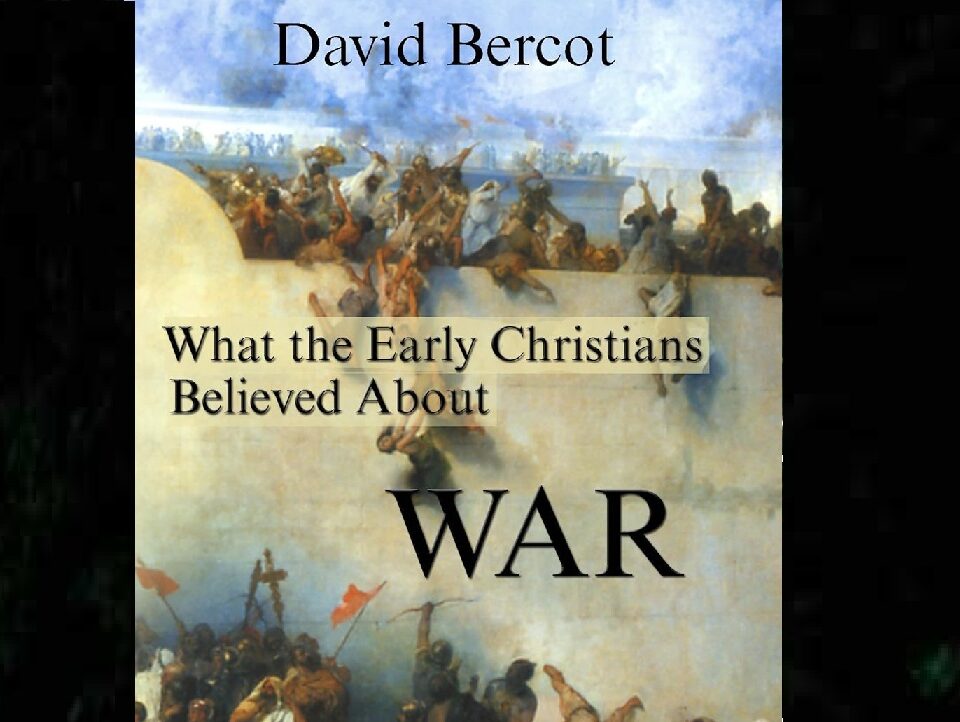I grew up agnostic and I must confess, like Paul, I was “a violent person.” In fact, the reason I first worked in the security industry for most of my life was in order to learn the skills/experience that would help me join the military or police. I’m happy to say that after years of trying to join, both systems rejected me. Looking back now as a Christian it feels like divine providence!
When I was 32 I read the NT for the first time and quickly came to the realization that if I was going to sign up to this Jesus-movement, I had to radically change many things in my life, beginning with taking a stance for non-violence. This new worldview meant that we are no longer supposed to be part of the “military industrial complex” or its policing. The Apostle Paul clearly contrasts Christian behavior to that of the state/government in Romans 12-13. In other words, it is the non-Christian state that “bears the sword” for the good of the Christian and not the other way around. (Cp. Matt. 26.52 where Jesus rebukes the use of the sword by his followers and heals the enemy.)
For me this new teaching was a relatively easy thing to understand, perhaps because I was at the end of my rope and needed to make a choice between life and death. But as I grew in the faith I quickly realized that what was taught in the scriptures as normative is not widely practiced. For example, this stance was not only held by a very small minority within mainline Christendom, but also by very few in my own biblical unitarian circles. And not only that, more often than not it awoke some very heated, even violent rhetoric/actions. Christian on christian violence if you will. But it was this, most often than not violent, response by fellow Christians who disagreed that told me I was probably on the right track to doing God’s will since, as we well know, those types of reactions/emotions are not compatible with what the NT calls “the fruits of the spirit” (Gal 5.22-23).
Much later I realized that I was a proponent of what some term “principled,” as opposed to “absolute,” pacifism. That is, resorting to lethal violence is wrong for the Christian at all times and only the State has the God-given right to use it in the protection of others (Romans 13.1-8). Nevertheless, total inaction, non-involvement in the face of evil is equally morally wrong because Christians are commanded “to do what is good to everyone,” especially our fellow Christians! But until our brethren everywhere come to see that you cannot love your enemy by killing them (the very definition of “repaying evil with evil,”) our violent nature will eventually consume us and those around us.
My only wish and prayer is for you to at least think about what’s presented here, and prayerfully study the words of our great Pastor/Teacher. Jesus was a man who always spoke the “truth in love,” and whose followers were “eager to maintain the unity of the spirit in the bond of peace.” (Eph 4.3)
So “Love your enemies so you can become children of God, the Father.” Matthew 5.43-48




